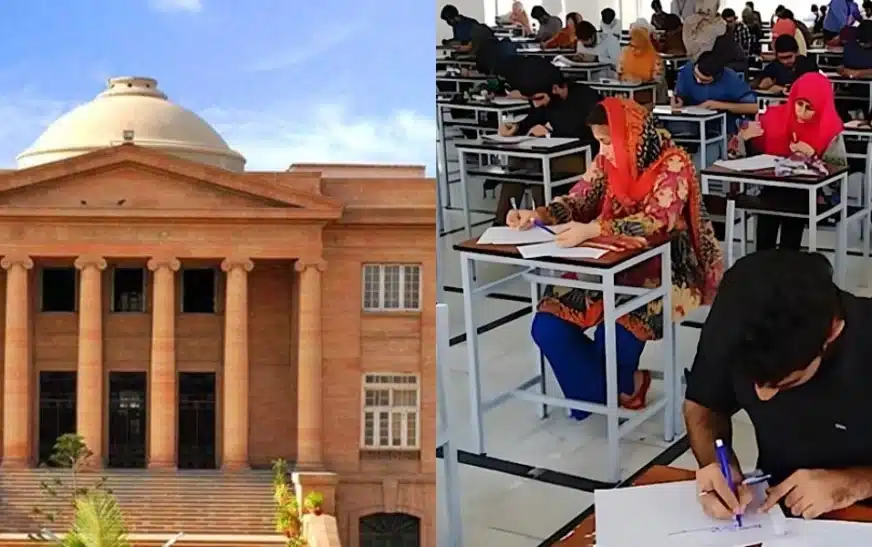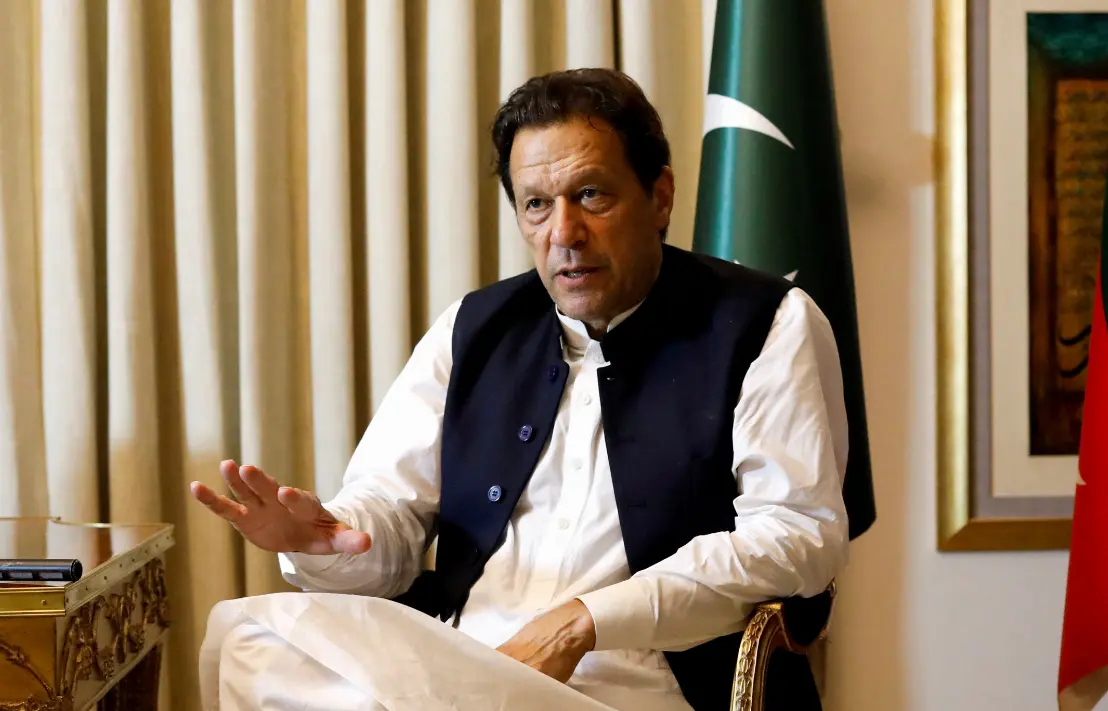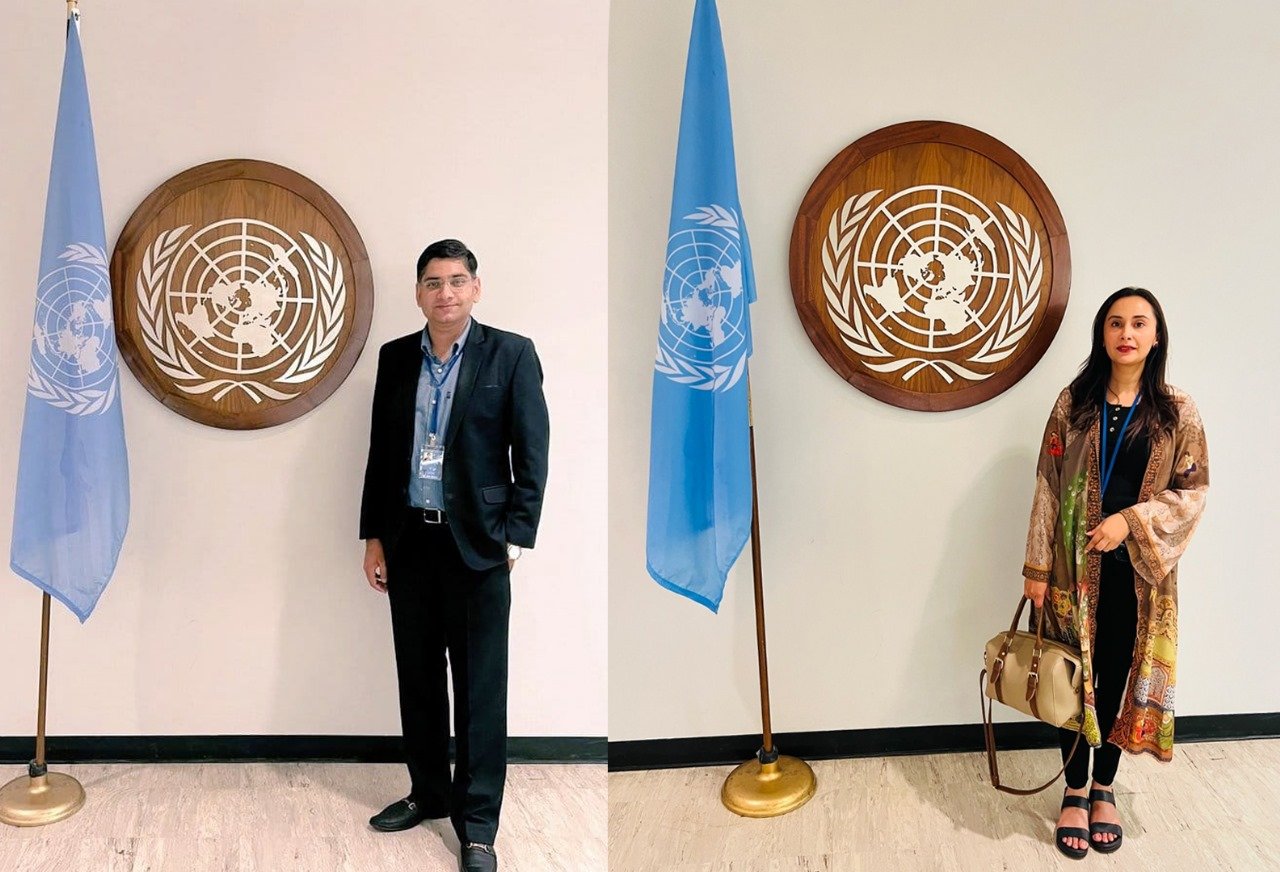The United States has expressed interest in providing debt funding for the multibillion-dollar Reko Diq gold and copper mining project, potentially marking Washington’s first significant investment in Pakistan in decades.
Government and diplomatic sources told The Express Tribune that the Export-Import (Exim) Bank of the United States, the US government’s export credit agency, is eager to finance the Reko Diq project.
Although the new feasibility study for the Reko Diq project is still pending, the estimated cost is projected to be between $6 billion and $6.5 billion.
Sources indicated that the project requires $3 billion to $3.5 billion in debt financing. However, it remains unclear how much of this will be provided by the US Exim Bank and how much will come from other creditors, including the International Finance Corporation (IFC).
The proposal to extend the loan is being considered for the procurement of earth-moving machinery from the US, according to sources. They added that the loan was contingent upon granting preferred creditor status to the Exim Bank.
Qamar Abbasi, spokesman for the finance ministry, said that “a number of financial institutions are exploring the possibility of financing the Reko Diq project.”
“The project authorities are engaged with these financial institutions and the discussions are ongoing, but the precise details about individual institutions are not available at this stage,” he added.
According to sources, the matter has been discussed at the level of Finance Minister Muhammad Aurangzeb and US Ambassador to Islamabad, Donald Blome.
When contacted, the US embassy neither confirmed nor denied the development.
In response to a question about whether the US ambassador discussed the issue of providing a loan for the Reko Diq project with Pakistani authorities, a spokesperson for the US embassy said that the “embassy would not comment on the content of diplomatic conversations.”

